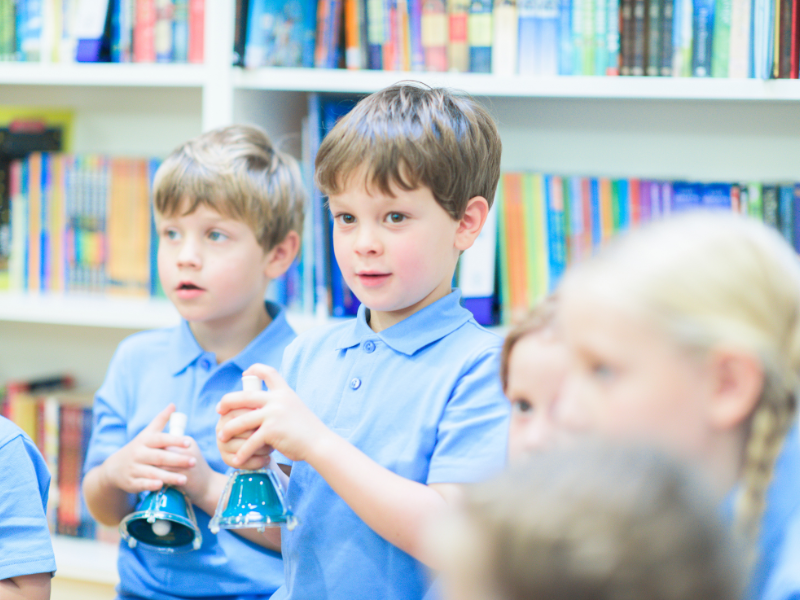
Research Updates

Here at Bigger Better Brains we believe that through educating yourself, you can then educate and affect positive change in your community.
With all of the research in the field of neuromusical science, our BBB Research section serves as a content hub for you. We regularly share findings and break down the latest research to educate and inspire discussion. We hope you enjoy this page on our website and share BBB news with your colleagues, parents and students.
Music Education vs. Brain Training Programs
Recent research has revealed that brain training programs for children do not lead to significant improvements in real-world cognitive functions.
Could 'musical medicine' influence healthy aging?
Imagine a world where music serves as a powerful tool for healthy aging. Dr. Psyche Loui at Northeastern University explores how music strengthens brain connections, enhancing memory and emotions.
A 90-minute habit that can boost your brain and mental health!
Dr. Seinfeld's research involving participants aged 60 to 85 found that those who took piano lessons showed remarkable improvements in executive functions, attention, and inhibitory control.
Unlocking learning potential through music
Neuroscientist Nina Kraus notes that playing an instrument is one of the richest brain activities, leading to better language and reading skills.
How Music Primes the Brain for Learning
This article delves into the transformative impact of music education, particularly for underserved students, and a strategic tool for addressing academic challenges, boosting attendance, language skills, and social integration.
Explaining music and the brain to young children
You don’t have to be a musician to reap the benefits of music. Enjoying music activates a slew of brain regions, including areas involved in hearing, movement, reward, and emotion.
The Cognitive Symphony of the Brisbane City Pops Orchestra
This article dives into the history and enduring vitality of the Brisbane City Pops Orchestra who have recently celebrated their milestone 50th-anniversary performance. The orchestra boasts a diverse ensemble of musicians spanning generations, including members who have been involved since the beginning.
Playing a musical instrument or singing in a choir may boost your brain
A recent study published in the International Journal of Geriatric Psychiatry found that individuals with a history of musical experience, regardless of proficiency or instrument played, exhibited better memory and executive function.
The late-life cognitive benefits of early musical training
This study found that people who learned for more than 10 years didn’t have any differences compared with the control group, but they did find the late-life cognitive benefits of early musical training…
Why does music bring us pleasure?
This study shows for the first time a causal role of dopamine in musical pleasure and motivation: enjoying a piece of music, deriving pleasure from it, wanting to listen to it again, being willing to spend money for it, strongly depend on the dopamine released in our synapses.
Can music listening and performance change our genes?
Possibly! This heavy duty article highlights the recent research which has found that music listening and performance has been found to influence how genes behave or regulate themselves. The first few sentences set the scene and we have done a translation for you.
Are neuroscientists causation happy?
Prof Schellenberg compared 114 articles about music training and brain development and then analysed the titles and abstracts for the inference of causational (one action causes another) findings and correlational (a connection between two things) findings.





















